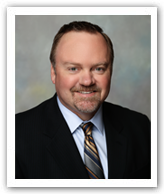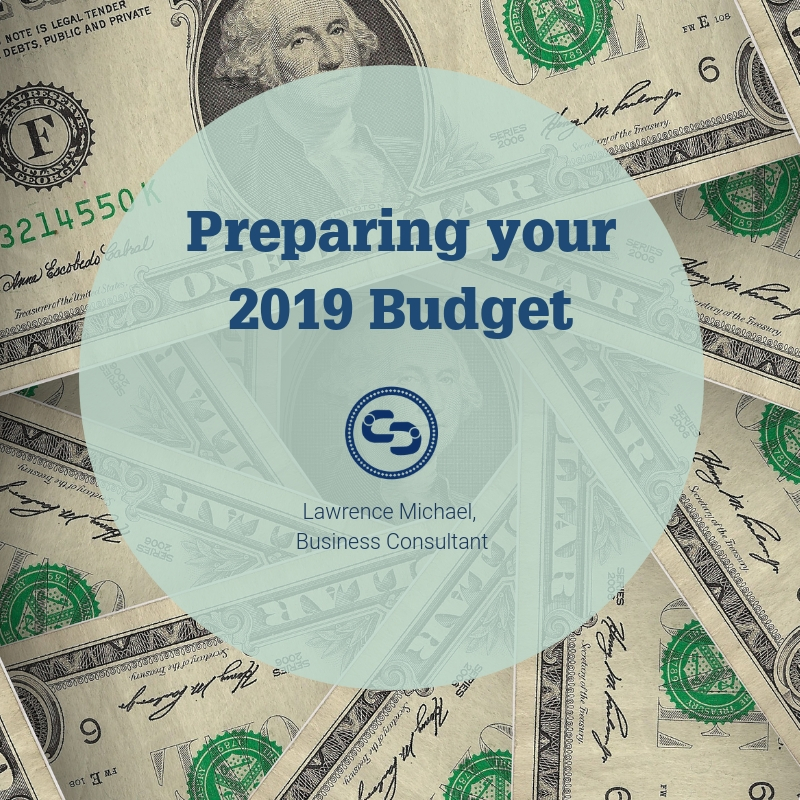However, there are still many business owners who’ve managed to get by without doing an annual operating budget. Therefore, because they’ve been successful in the past, they don’t understand the value of planning ahead. Many also object because there are certain things you just can’t predict ahead of time – for example, call volume, and it can create a frustration when trying to make future financial projections.
There are those on the other end of the spectrum, who want to plan ahead, but have no idea where to start. Maybe you’ve tried, but you didn’t have enough information, or your numbers weren’t adding up in the end.
Both groups, whether you see the value or not, need to determine what your normal operating expenses are in a normal year. Do you like the answer? Wouldn’t you like to see some improvement?
All funeral home and cemetery business owners, no matter the size, will benefit greatly from doing an annual operating budget. Let’s first determine why it’s necessary.
Why Even Have a Budget?
In our professional experience, businesses that invest in due diligence and develop a budget ahead of time, are more successful than those that don’t. Although you can’t predict everything that is going to happen in a year, it can help you determine what your next move will be, and where to spend your dollars appropriately when certain unforeseen situations arise.
By determining what your expenses will be in a year, you can monitor your spending and determine more easily the reason why you are over or under your expense budget. An annual operating budget is a tool to forecast income and expenditures (and thereby profitability) to provide a guide for future decision-making. It is a plan to reduce and/or keep a business out of debt, something you can consistently reference throughout the year to keep your business expenses in check and hold yourself accountable in areas where you are overspending. It’s all about doing your research, making sure you have relevant information and being certain no details are left out in order to make accurate predictions.
Certainly, this process is easier said than done, and there are many challenges that you can potentially run into while preparing your annual budget. Here are some examples of common mistakes made by funeral business owners and practical steps you can take to avoid them.
Common Issues with Budget Preparation
1. Ignoring Marketplace Trends
When developing an annual operational budget, it’s important to understand the state of your market conditions. What is the mix of your business (percentage of cremation and burial families served)? This requires owners to educate themselves and do a little research. When you don’t do research, you only capture your own data, when what is happening in the marketplace could be entirely different.
Taking into consideration the trends in your marketplace will help you more accurately forecast where you need to be spending your money. There are numerous resources available to determine your market trends, such as state vital statistic reports, market share tracking and Cremation Association of North America regional cremation rate reports.
2. Unrealistic Growth Projections
Another crucial mistake made while preparing a budget is not setting a realistic growth percentage. To avoid this, be sure to ask yourself these two questions:
• Am I taking into consideration the past five years regarding my call volume? Be sure you aren’t just taking into consideration the last year of your call volume. Gathering the past five years allows you to accurately evaluate existing trends.
• Am I taking into consideration any new competitors that impact my market share? When business owners neglect these two key factors, they almost always overestimate or significantly underestimate their annual revenue.
3. Excluding Key Staff Members
The best business leaders involve key team members in decision-making processes. In your funeral business, nothing is more valuable than your dedicated staff; after all, they are the ones who are seeing the trends play out day after day. When you only include yourself in the budgeting process, it results in a narrow perspective or essentially a budget that has been developed in a vacuum without the collaboration of your team.
Carefully handpick a team that you know will weigh in with valuable insights and will challenge you. Reaching out to third-party experts for guidance and coaching to facilitate this conversation will also result in the best possible outcome for planning your annual budget.
How to Get Started
Now that you are aware of some common mistakes made and how to avoid them, it’s time to start outlining your annual budget. When organizing and projecting gross revenue, make sure you account for historical performance and market conditions. Don’t just consider the past successful year you’ve had, because you may overstate the projected volume and corresponding revenues. Remember, changes in the competitive landscape will impact your market share, as well as burial and cremation trends – so it’s important to do your research.
Keeping all of that in mind, follow these simple steps to start your annual budget.
1. Take three years of profit and loss and balance sheets and place them next to each other in chronological order.
2. Schedule in the year-to-date profit and loss and annualize it for some perspective on the recent year.
3. Take the last five years’ case mix and schedule out to determine the most likely outcome for the upcoming year.
4. Focus on individual categories and organize all of your expenses into funeral/cemetery related business categories such as:
- Revenue (without cash advances)
- Costs of goods (costs associated with the merchandise sold … casket, vault, urn, all vendor agreements, etc.)
- Payroll
- Facilities
- Auto
f. Advertising/Promotion
g. Any other general and administrative expenses
Helpful tip: Compare your expense category percentage of revenue to industry benchmarks to see where you stand. This process is all about challenging yourself to improve your business. Although it’s a tedious and long process, it’s worth the time and effort. When it becomes overwhelming, it might be time to step outside and look for other resources to assist in the planning process.
This article first appeared on American Funeral Director.
 Larry has a passion for making a difference and serving others, which is what attracted him to the funeral and cemetery profession in 1989. After working for an independent funeral home in Ventura, California where he grew up, his career went on to include roles with the Loewen Group and then Service Corporation International (SCI). During his 23 year career with SCI, Larry excelled in every position and spent the first half of his career in regional operations and sales roles in the Los Angeles Market and the last 10 years his responsibilities included all operations and sales in the Chicago Market as Managing Director, which included 50 funeral homes and cemeteries with over 600 employees.
Larry has a passion for making a difference and serving others, which is what attracted him to the funeral and cemetery profession in 1989. After working for an independent funeral home in Ventura, California where he grew up, his career went on to include roles with the Loewen Group and then Service Corporation International (SCI). During his 23 year career with SCI, Larry excelled in every position and spent the first half of his career in regional operations and sales roles in the Los Angeles Market and the last 10 years his responsibilities included all operations and sales in the Chicago Market as Managing Director, which included 50 funeral homes and cemeteries with over 600 employees.
Licensed as a funeral director, embalmer, cemetery manager, and crematory manager in several states, Larry has engaged in every role and responsibility within the funeral and cemetery profession. His studies included Cypress College where he was a Mortuary Science graduate in 1991, and was privileged to serve as class president. He went on to earn his Bachelor of Science in Business Management at California Lutheran University graduating cum laude in 2006.
In the various leadership roles that Larry has held over the years, he enjoys developing associates at all levels and identifying creative and new ways to improve business performance. Customer experiences and exceptional satisfaction are of paramount focus to Larry and he uses this as the basis for all business decisions.
Larry has volunteered and been very involved in a number of organizations over the years, including Rotary International, American Diabetes Association, YMCA, various local hospice organizations and Hospice Foundation of America. He is past president of the Gold Coast Funeral Directors Association in southern California and was the recipient of the California Funeral Director Association (CFDA) Young Funeral Director of the Year Award in 2000.
Larry enjoys spending time with his wife, Julie and they are proud parents of four children.
